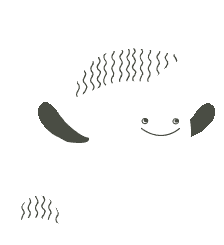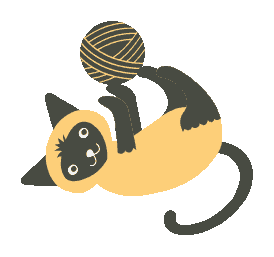Why is Feeding Wild Birds in the Winter so Important?
14th Dec 2021
In Winter, there are less available food sources in nature suitable for birds, which is why it is important to help them stay plump and healthy with heartily – and regularly – filled feeders and feeding stations.
Feeding birds over Winter will help them have an easier nesting season ahead of them (which usually ranges from February/March to August, depending on the bird species).
What to feed Wild Birds in Winter?
Premium suet in all its forms (blocks, pellets, rolls and balls) is the perfect treat for birds in the colder season. It provides a great boost of energy-giving fats and nutrients to survive and thrive in Winter.
Get wild birds excited with different flavours: why not try Walter Harrison’s Suet Pellets Variety pouch, which contains Berries, Insects and mealworms.
Fat Balls or Suet? Choosing the right type of treat
Suet and Fat balls are a perfect high calorie, high energy food source. They are full of essential fats, oils, seeds, fruits, and insects which will keep wild birds healthy and energised over the course of the year.
A fat ball is melted fat, packed with different seeds and moulded into a hard ball.
Suet is a much softer texture, easier for wild birds to eat making it a better choice compared to Fat balls. They usually consist of suet and peanut flour, some with added ingredients such as insects and seed and sunflower hearts.
Suet Balls have more fat than Fat Balls, and as such are a more premium option providing more nutrition to wild birds. Explore our suet selection here. You can also find bulk boxes of Fat balls here, perfect to top up your feeder every week.
There are also multiple feeders available at Just For Pets to pair with the various shapes of suet such as Walter Harrison’s Die Cast suet roll feeders. Why not pair a tasty berry suet block with a suet block feeder for a quick feeding solution for wild birds?





